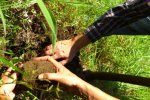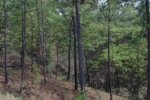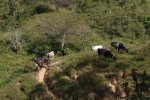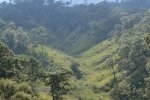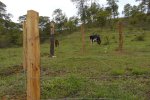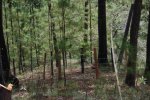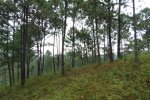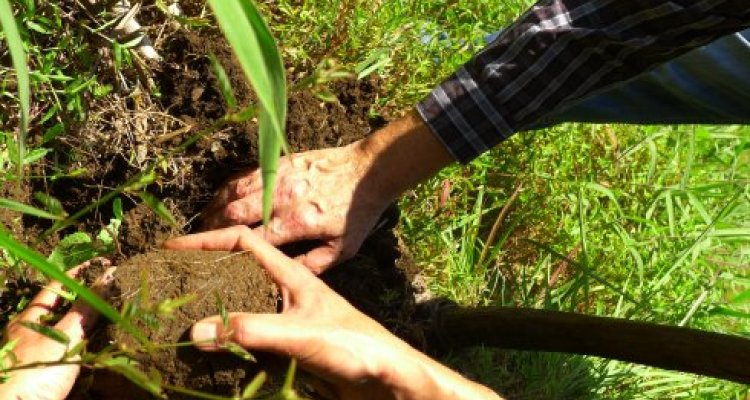
Project
Soil processes in a tropical dynamic mosaic
Agro-forest frontiers are diverse and highly dynamic. Multiple uses entail multiple stakeholders whose resource management decisions drive ecosystem processes. In tropical areas, cattle ranching is an important driver of land use change. Mechanistic understanding of ecosystem processes under such conditions can shed light on future supply of ecosystem services.
The project will be carried out in La Sepultura Man and the Biosphere Reserve, Chiapas, Mexico, where an intense colonization period started in the 1960’s. First, maize cropping followed by cattle ranching, were introduced as main activities supporting local livelihoods. In 1995, and under the UNESCO Man and the Biosphere Programme, La Sepultura Biosphere Reserve was created in that region. This has led to the necessity of reconciling sustainable livelihoods for local people and biodiversity conservation.
The research will focus on key soil-based ecosystem services such as carbon storage and nutrient retention and provision because they underpin supply of provisioning ecosystem services (i.e. grass and forage production). Ecosystem processes support the abovementioned ecosystem services, and in this study we will investigate decomposition and nutrient retention and provisioning.
We will look at how human interventions and resulting vegetation cover have influenced soil abiotic conditions as well as soil biota (microbial –bacteria and fungi- communities composition and activity), which will affect ecosystem processes. Ecological conditions alone do not suffice to understand processes, hence livestock management practices will also be considered in this assessment.
Due to the complex association and feedback between aboveground and belowground ecosystem components, the project will be carried out in close collaboration with companion PhD project that will investigate other ecosystem services.
This research is part of the FOREFRONT program, which takes a social-ecological approach to improving relationships between people and the environment, because social and ecological systems are dynamically linked through the multiple ecosystem services they co-produce. FOREFRONT “Nature’s benefits in agro-forest frontiers: linking actor strategies, functional biodiversity and ecosystem services” is a multi-annual and multi-site research program with partners in Mexico, Brazil and the Netherlands.
The research will focus on key soil-based ecosystem services such as carbon storage and nutrient retention and provision because they underpin supply of provisioning ecosystem services (i.e. grass and forage production). Ecosystem processes support the abovementioned ecosystem services, and in this study we will investigate decomposition and nutrient retention and provisioning.
We will look at how human interventions and resulting vegetation cover have influenced soil abiotic conditions as well as soil biota (microbial –bacteria and fungi- communities composition and activity), which will affect ecosystem processes. Ecological conditions alone do not suffice to understand processes, hence livestock management practices will also be considered in this assessment.
Due to the complex association and feedback between aboveground and belowground ecosystem components, the project will be carried out in close collaboration with companion PhD project that will investigate other ecosystem services.
This research is part of the FOREFRONT program, which takes a social-ecological approach to improving relationships between people and the environment, because social and ecological systems are dynamically linked through the multiple ecosystem services they co-produce. FOREFRONT “Nature’s benefits in agro-forest frontiers: linking actor strategies, functional biodiversity and ecosystem services” is a multi-annual and multi-site research program with partners in Mexico, Brazil and the Netherlands.
